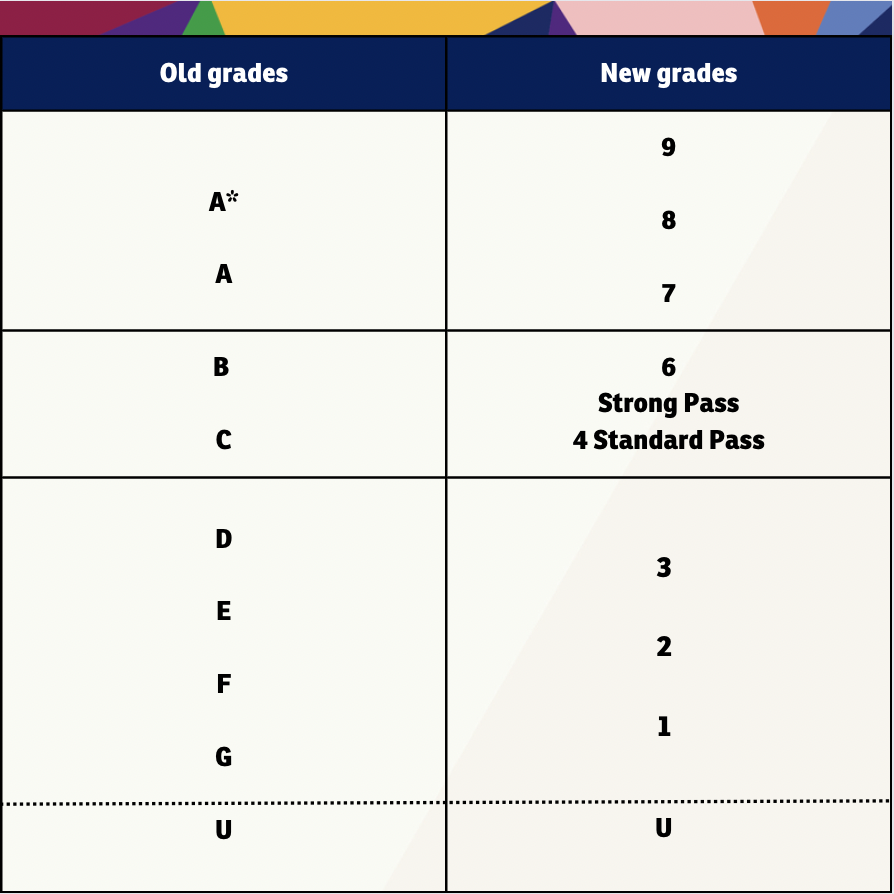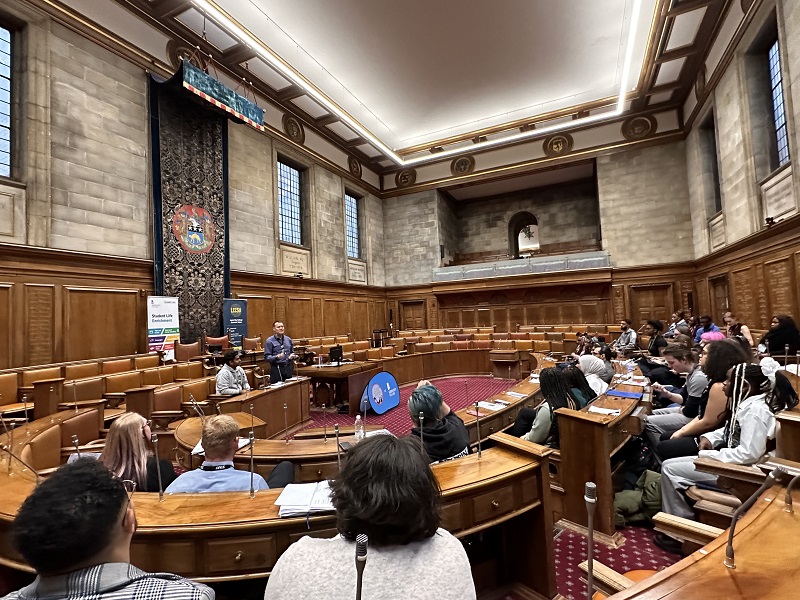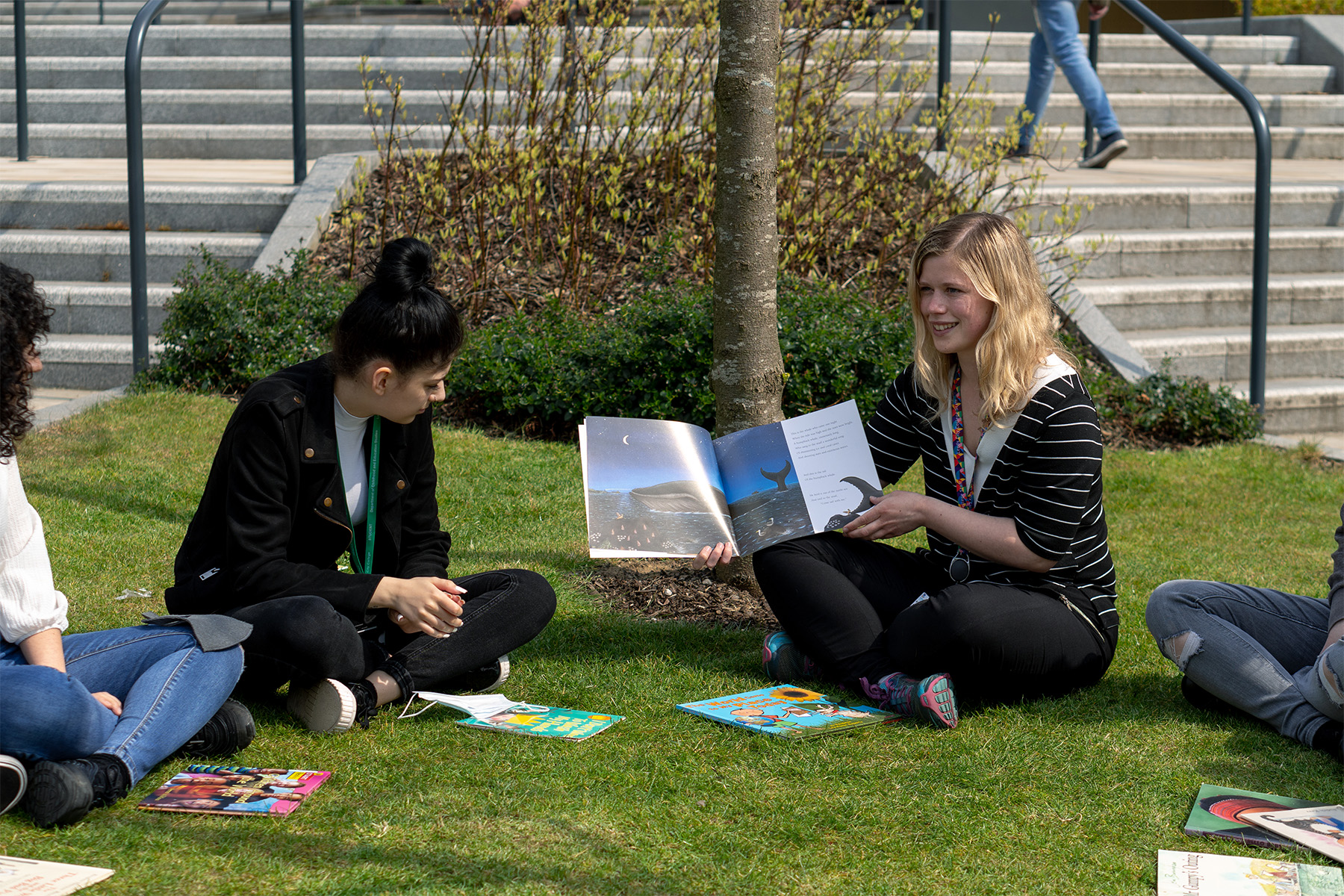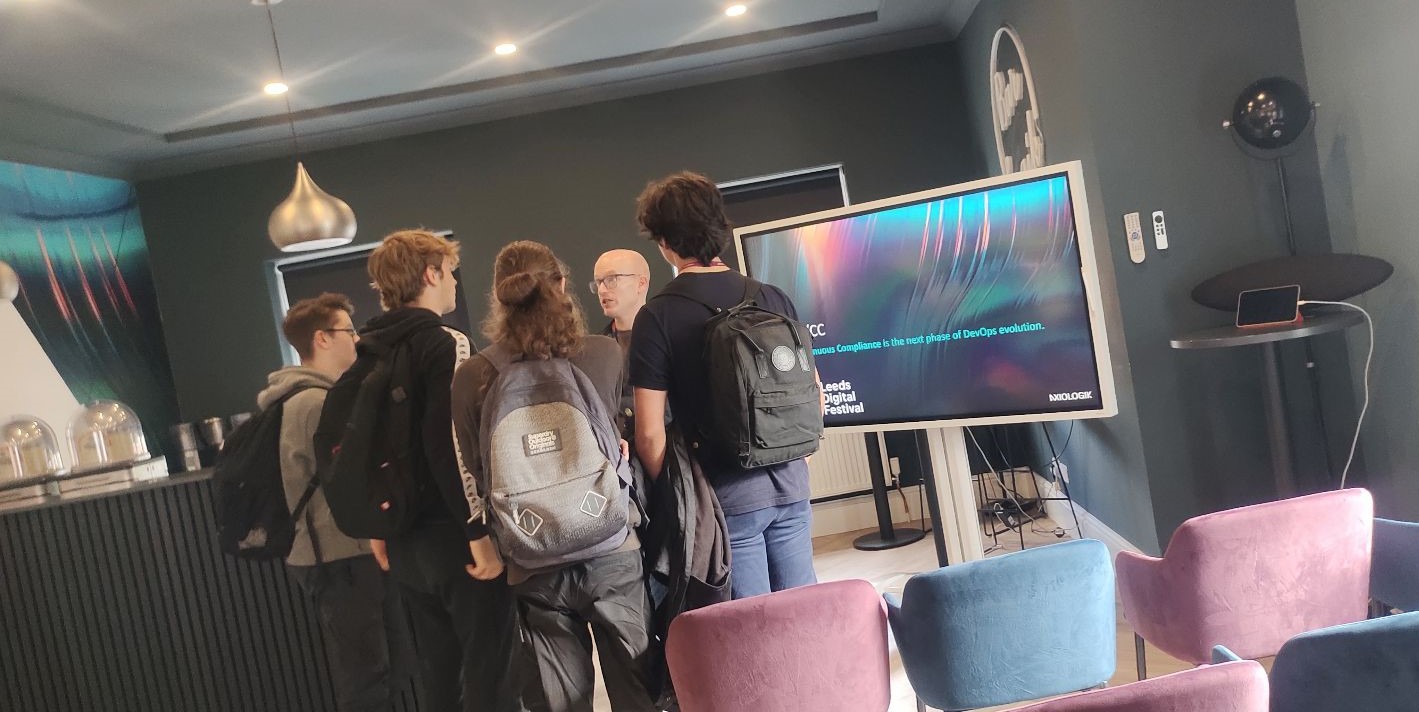You’ve made it to GCSE results day, but now what?
Posted: May 31, 2023

Your exams may mark the ending of one chapter, but the best thing about results day is that it also signifies the beginning of another. The decisions you make now can influence your future education and training, so it’s definitely worth taking the time to think through all of your options (no pressure!).
Still, it’s perfectly normal to change your mind about what to study after your GCSEs and to even feel uncertain about further study in general. Luckily, courses today are varied and flexible so that, once you have made up your mind, it’s quick and simple to enrol at the last minute or switch from one to the other. Let’s explore some common scenarios in more detail.
First things first…what do GCSE grades mean?
Back in the day, the GCSE grading scheme used a lettering scale that ranged from A to E. However, a rejig in 2017 means that students in England, Wales and Northern Ireland are now graded using a numerical scale that breaks down to the structure shown in the below table:

Put simply, the highest GCSE grade you can receive is a 9 and the lowest grade is a 1. Although each scale doesn’t directly match with the other, there are a couple of places where they line up.
For example, a grade 7 is equivalent to a low A, a 4 equates to a former C grade and you’d need a 6 to achieve a B.
The letter U now stands for ‘ungraded’ and is only issued if no grade has been awarded.
How to choose a college course
The best way to choose what to study at college is to think about the subjects you enjoy or have an interest in. Secondly, think about your learning style. Everyone learns differently and vocational courses are designed to facilitate this, teaching future-ready skills in a way that’s best for you. For example, if you’re looking for:
- Academic learning in three or more subjects – choose an A level
- Full-time study in a particular industry – consider a qualification like a BTEC
- Part-time study and work experience – make it a T Level
- On-the-job training – say yes to an apprenticeship
You can also use our course comparison guide to help narrow down the perfect course for you.
How to swap from one course to another
Switching courses is simple. All you have to do is speak to us, as you still have time to change your course during the enrolment period. Come to your booked appointment and talk to us about the course you would like to change to and we can advise you on your next steps.
How to switch to a course at Leeds City College
Shaping your future with us couldn’t be easier. You can join us at one of our enrolment sessions to speak to a friendly member of staff about your next steps. Whether this is advising you on your post-GCSE options or helping you to find a course based around your interests, we can help. Visiting campus will also give you a good feel for college life at Leeds City College.
Hopefully, you’re now feeling more confident about GCSE results day and clearer on how to get started on the next stage of your education journey. Remember that as well as talking to a member of staff, you can send any questions to one of our contact centre advisors using our live chat service.
In the meantime, keep calm and we wish you all the best of luck!
Latest News
See all news stories
College Parliament highlights key student issues
Posted: 13 December 2024
Our College Parliament has met in Leeds Civic Hall again for the first time since the pandemic. The Members of Colle...

A spotlight on Education & Early Years T Level students
Posted: 5 December 2024
If working with children is your career goal, you might consider taking a T Level. Our second-year students share wh...

The Power of Networking at College
Posted: 2 December 2024
College is the perfect time to network! Explore how our students are shaping their future by building valuable conne...


Follow us on Social Media